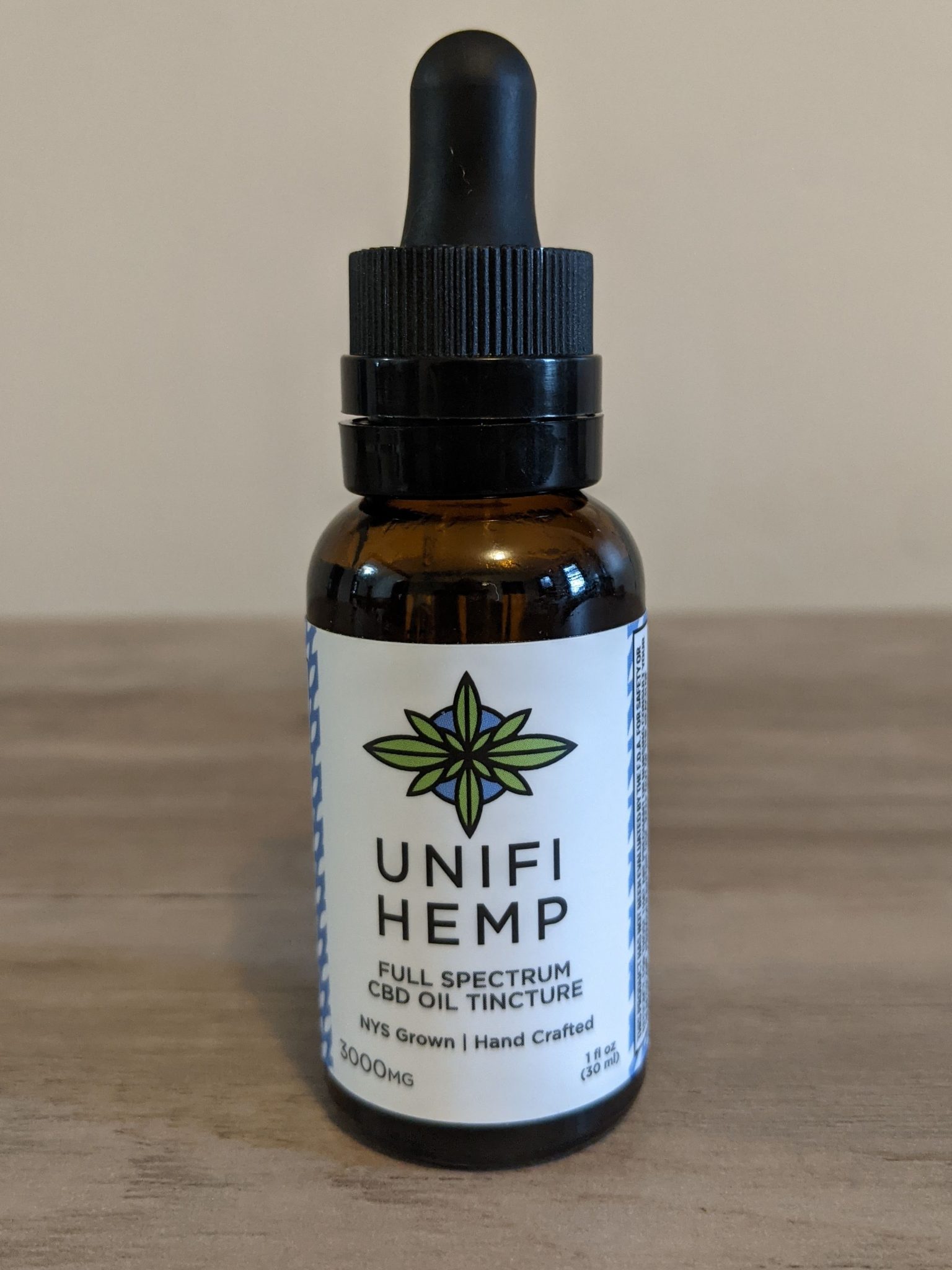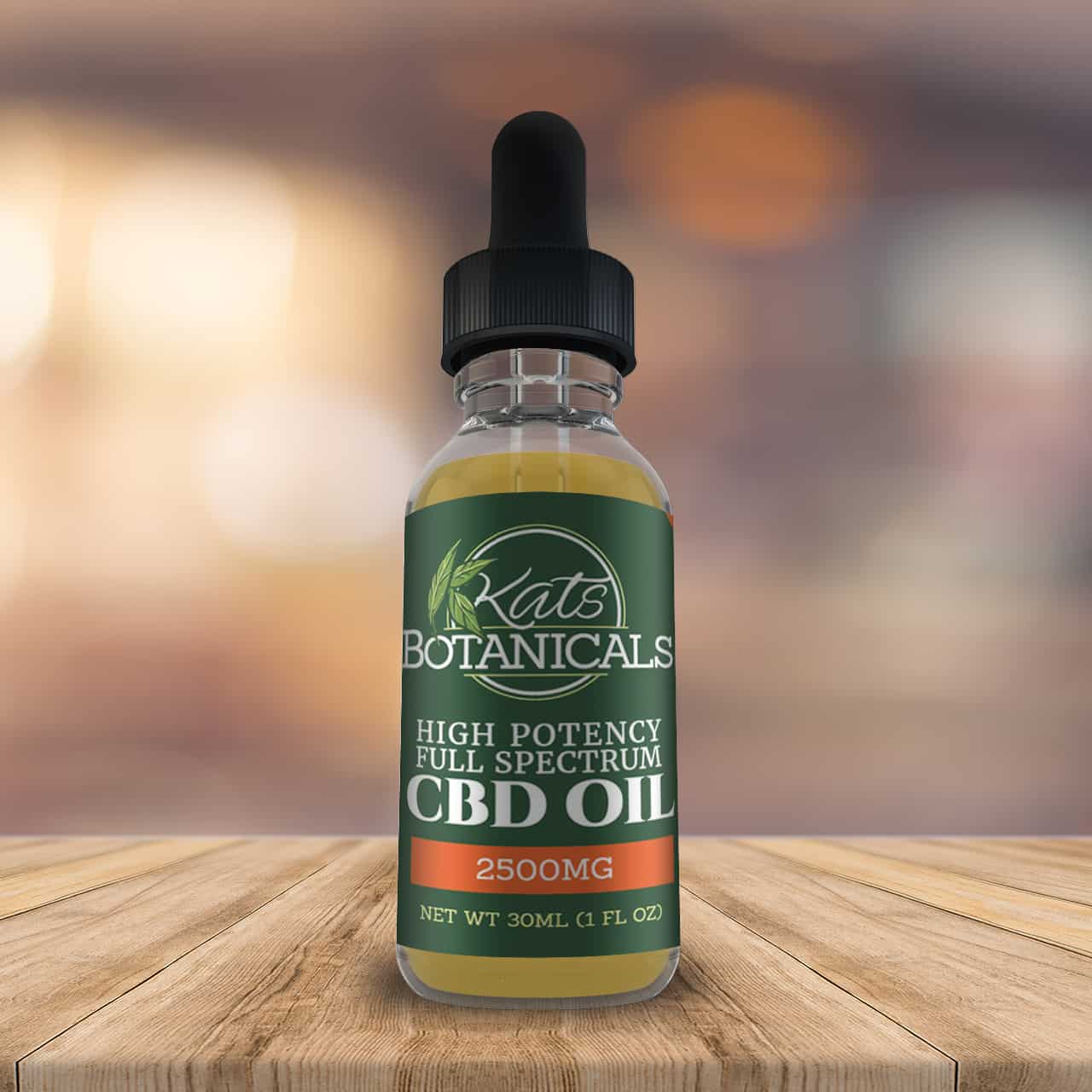With the growing popularity of CBD oil Canada, understanding its legal framework is crucial for consumers. CBD oil, a non-psychoactive extract derived from cannabis plants, has become a popular wellness product due to its potential therapeutic benefits. However, while it’s widely available across Canada, its legality comes with specific regulations. Here’s a comprehensive look at what you need to know about the legal status of CBD oil in Canada.
1. The Current Legal Status of CBD Oil in Canada
CBD oil in Canada is legal under the Cannabis Act, which was implemented in October 2018. This act allows for the legal use and purchase of cannabis products, including CBD, but with specific restrictions. Not all CBD products are treated equally under Canadian law, so it’s important to understand the nuances surrounding its legality.

2. CBD Oil vs. THC: Key Differences Under the Law
CBD and THC are both cannabinoids, yet only THC produces the “high” associated with cannabis. This distinction has led the Canadian government to impose stricter regulations on THC-containing products while offering more flexibility for CBD oil, especially those derived from industrial hemp. Legal CBD products in Canada must contain no more than 0.3% THC to be compliant.
3. Buying CBD Oil in Canada: What Are the Rules?
CBD oil can be legally purchased across Canada, but only from licensed retailers. These include authorized government stores or licensed private retailers operating under the framework established by Health Canada. Buying CBD oil from non-licensed sources is prohibited and may come with penalties, as these products have not been evaluated for safety or quality standards.
4. The Production and Licensing Process for CBD Oil
The production of CBD oil in Canada is subject to strict licensing regulations. Producers must obtain a license from Health Canada, which ensures that CBD is extracted from approved cannabis or hemp strains and adheres to safety protocols. This licensing also helps to ensure that CBD oil in Canada is free from contaminants and meets high quality standards.
5. Crossing Borders: Traveling with CBD Oil from Canada
While CBD oil is legal within Canada, crossing international borders with it remains complex. The Canadian government advises against taking any cannabis products, including CBD oil, outside of Canada. Traveling with CBD oil across international borders may lead to legal consequences, as many countries still classify CBD under broader cannabis prohibitions.
6. The Health Benefits and Restrictions on Medical Claims
CBD oil is often touted for its potential health benefits, from alleviating pain and reducing anxiety to promoting better sleep. However, under Canadian law, CBD oil manufacturers are not allowed to make explicit health claims unless authorized by Health Canada. Research continues, and while some studies indicate CBD’s potential, consumers must manage expectations regarding its effects.
7. Future Outlook: The Evolving Legal Landscape of CBD Oil in Canada
As research on CBD’s benefits grows, the Canadian government may adapt its regulations to reflect new findings. This could potentially allow more widespread use of CBD oil in different therapeutic areas or relaxed regulations on production and sales. Canadians can now expect existing regulations to remain, but gradual changes are possible as the industry and research evolve.

Conclusion
CBD oil in Canada is legal but comes with clear regulatory boundaries. Canadians looking to purchase CBD oil should stick to licensed retailers and ensure their products is compliant with federal and provincial laws. While the legal framework might seem complex, it ultimately aims to ensure consumer safety and quality. As interest and research into CBD oil grow, Canadians may see shifts in regulations, making it even more accessible in the future.
